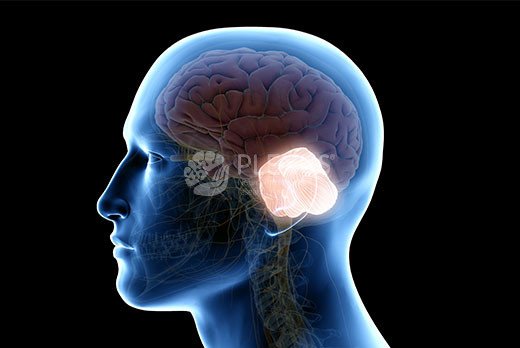Spinocerebellar
Spinocerebellar Ataxia, Spinocerebellar Atrophy, or Spinocerebellar Degeneration is a genetic disease caused by either a recessive or dominant gene. It refers to a group of ataxias that are known to be hereditary and cause harm to the cerebellum, the part of the brain which maintains balance and controls movements. Spinocerebellar Ataxia may result in non-coordinated gait, impaired hand-eye coordination, and abnormal speech.
The treatment for SCA at Plexus aims to stop or slow down the progression of symptoms, improve balance, stability, and coordination.
Get In Touch With Us
For FREE Online Consultation, please send us a message and we’ll get right back to you.

Spinocerebellar Ataxia is divided into 20 different subtypes, distinguished by numbers. The numbers do not indicate an increase in severity, but the order in which they are linked to a particular chromosome. For all the subtypes of Spinocerebellar Ataxia, patients will experience progressive difficulty with walking and voluntary movements. This is known as ataxia, which simply refers to uncoordinated movement of all kinds. There will also be difficulties with speech and swallowing.
Spinocerebellar Ataxia can manifest anywhere between adolescence and late adulthood, depending on the subtype. In general, the early signs of the condition include.



